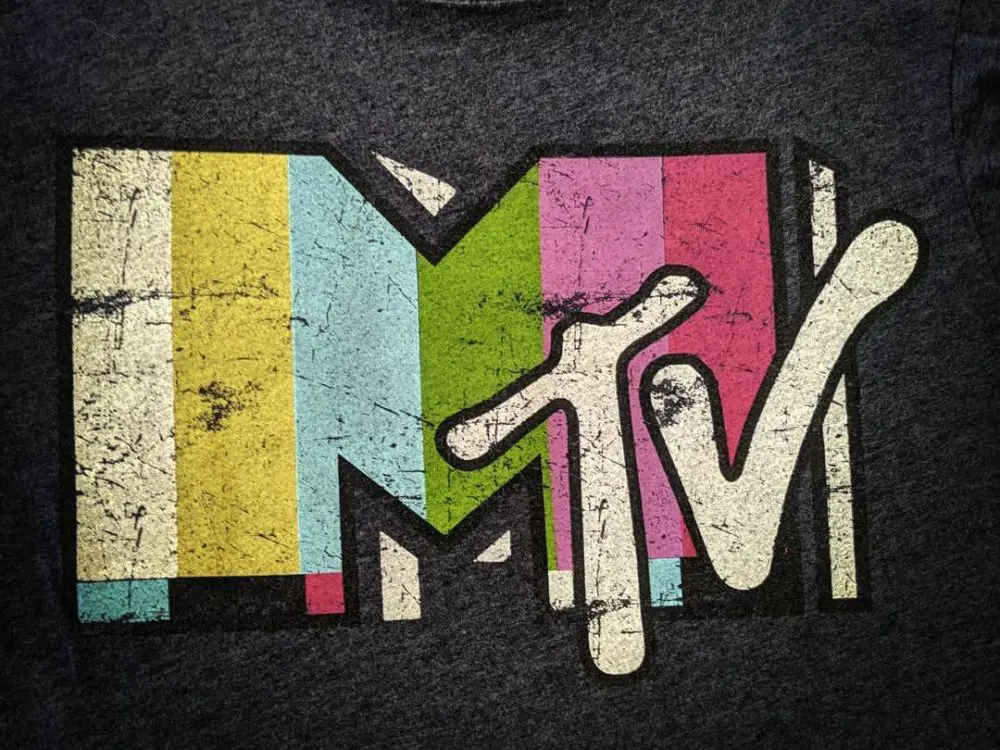Once upon a time, there was a place where people could go to watch their favorite music videos along with documentaries and concerts featuring their favorite music artists. This place was known as Music Television (MTV), and today it has turned into something completely different from its original incarnation. What was once the No. 1 spot for music is now home to nothing but trashy reality shows and an occasional award show. Many people wish that the network would return to its glory days and air music videos again. The network wishes for the same thing (more on that later).
MTV’s halcyon days began when it was launched in 1981. Originally, it was a channel with a focus on just music videos. However, it only played rock music videos. This was very controversial as that meant most of the artists on the network were white — very few of the artists were black. There was a lack of diversity in the music lineup for the channel. David Bowie even called them out on this in 1983 when he said, “There seem to be a lot of black artists making very good videos that I’m surprised aren’t being used on MTV.” It has been debated whether or not this was due to racism or the fact that there weren’t black artists making music that fit MTV’s rock music agenda. In 2017, the network’s co-founder Les Garland wrote a letter denying that it refused to air black artists. Here is the full letter:
“To whom it concerns:
I am responding to the piece that appeared in your July 12th edition written by Daniel Adrian Sanchez. ‘Did MTV refuse to air black musicians in the 80’s?’ The answer to this rhetorical headline is ‘NO, MTV did NOT refuse to air black musicians.’ That’s a serious and non-factual accusation that’s been refuted for decades. Simple fact-checking would reveal that Herbie Hancock’s ‘Rockit’ was a huge award winning song AND music video recognized with five MTV video music awards along with a Grammy. Another thing, my friend Rick James did NOT sue MTV. Lastly, Viacom had NOTHING to do with MTV in 1983. Using today’s jargon, Mr. Sanchez, I’d have say your article is ‘fake news.’ I’m sorry Mr. Grandmaster DXT, your allegations are NOT accurate or truthful.
Warm regards,
Les Garland (MTV Co-Founder / Senior Executive)”
Les Garland is right about MTV airing black artists in the ‘80s. He was the person who decided to air Michael Jackson’s “Billie Jean” video, the first video by a black artist to get heavy airtime on MTV. After its appearance on the network, other Jackson videos were aired along with the videos of black artists such as Prince, Lionel Richie and Donna Summer. By the end of the ‘80s, the network was playing rap music videos too.
By the time the ‘90s arrived, MTV started to experiment with its programming. They started to air award shows like the “MTV Video Music Awards” and the “MTV Movie & TV Awards” while also airing reality shows like “Real World” and “Road Rules.” The best shows that MTV would air were its animated series. “Beavis and Butt-Head,” “Celebrity Deathmatch” and “Clone High” are just some of the great animated series they aired. My personal favorite is “Daria,” which is actually a spinoff of “Beavis and Butt-Head.” In the ‘90s, MTV still played its music videos, but it began to air them on its then brand-new show “Total Request Live,” commonly known as “TRL.” The show was a combination of former MTV shows “MTV Live” and “Total Request.” The show would play music videos for different genres and included interviews with various artists and celebrities.
“TRL” lasted all the way into the 2000s and would air alongside other shows such as “Jackass,” “The Osbournes” and “Punk’d.” This is where things started to change drastically for MTV. Between 1995 and 2000, the number of music videos fell 35%. Music videos started to become less of a priority for the network during the 2000s thanks to the rise of the internet. The same thing happened to BET, one of MTV’s sister networks. With the music videos slowly disappearing from the network, MTV decided to do what BET did and focus on reality shows.
This led to shows like “Teen Mom” and “Jersey Shore” debuting in 2009. Both shows gave the network high ratings along with some controversy. “Jersey Shore” was criticized for its use of the word “guido,” an offensive slur used to refer to Italians. Advertisements for the show used the word to describe its cast members, with one ad labeling the cast as the “hottest, tannest, craziest Guidos.” Despite this, the show went on to air from 2009 to 2012 and has recently returned to MTV with a new spinoff show.
MTV seems to be dead set on capitalizing on nostalgia by rebooting old shows. “TRL” returned in 2017 before it was cancelled for good, because who cares about watching music videos on TV anymore? They’re planning on rebooting “Daria” but I don’t think that will last very long since the “Beavis and Butt-Head” reboot from 2011 was cancelled after one season. People just need to accept that the glory days of MTV are long gone.
My first memory of watching a music video was when I was about 5 years old and saw the video for “The Real Slim Shady.” I always cherish that memory because of my nostalgia for MTV and the 2000s. However, I have accepted that this is the past and that I won’t ever get to experience it again. MTV hasn’t learned this and I expect them to continue to make reality shows to make up for the loss of music videos while also rebooting a bunch of shows from the ‘90s and 2000s that will get cancelled after one season.
















